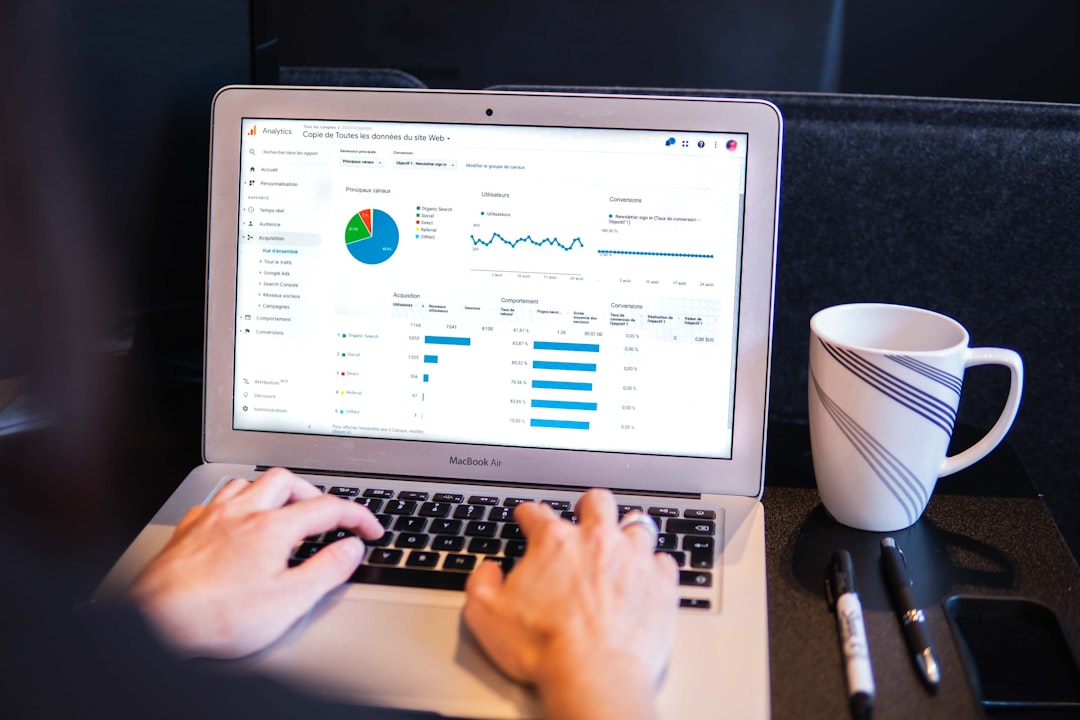
Big data has been a big buzzword in recent years, and for many great reasons. Information is the most valuable resource in the business world, and data analytics is the best tool for making sense of all your raw data and gaining actionable insights.
Information is so vital to commerce that there’s a type of data analytics called business analytics (or business intelligence) that’s all about helping businesses capitalize on their data. Business analytics is growing quickly as companies all over the country learn the importance of big data.
Online shopping is another growing trend in the web development services in usa, and it saw a significant spike during the height of the COVID-19 pandemic. Even though things seem to be getting closer to normal around the country, many people fell in love with online shopping and using coupons to improve their experiences, such as this Noon coupon code.
Furthermore, a lot of people realized how easy it is to start their own e-commerce business. So, what do analytics and e-commerce have to do with each other? In truth, the answer is a little bit of everything. Continue reading to learn more about data analytics and how you can use it in e-commerce.
What is big data?

If you’re not a data scientist or analyst, you might have questions about big data, such as, what is it? It’s an umbrella term for technology and processes used to collect, store, and analyze data. Business intelligence applications use machine learning algorithms to capture and combine raw data to process it and turn it into valuable insights that companies can use to inform their business decisions. You can get an idea of the importance of business analytics to the business world by Googling “online MBA data analytics” to see the many career opportunities in the business world for people who understand business intelligence.
Data analytics helps personalize the customer experience.
Have you ever noticed that the websites you visit most seem to know almost exactly what you like? It’s almost as if they’re inside your mind and highlighting items and special promotions for your favorite products. You probably get a lot of popups from them when you’re surfing on other sites as well, right? Machine learning algorithms enable e-commerce companies to learn what types of products online shoppers like most, enabling them to offer amazing discounts to different customers for the products they love most. A great example is getting an email with a Noon coupon code for a huge discount on a laptop after shopping for laptops online earlier.
Big data helps e-commerce companies identify their target markets.

Of course, marketing is one of the keys to building a strong brand. Digital marketing is one of the most effective ways for companies to reach and grow their target audience, but it can be difficult to find your target audience and build your online presence on the vast worldwide web. A key function of business analytics is helping business users find their target consumers and identify the digital platforms and content that will help them form connections with potential customers.
More companies are undergoing digital transformation every day and building e-commerce stores to enhance their customers’ online shopping experiences. Analytics helps them to personalize the customer experience to make consumers feel as if they have the entire online store to themselves. It also helps e-commerce businesses find their target markets and engage with them on the right online platforms. Furthermore, data helps improve the efficacy of their marketing efforts, helping e-commerce businesses grow their online presence and customer base. As you can see, big data is a vital asset with plenty of use cases for e-commerce businesses. You might even say that data is the doorway to better business decisions and best practices.
[custom-twitter-feeds feed=2]






